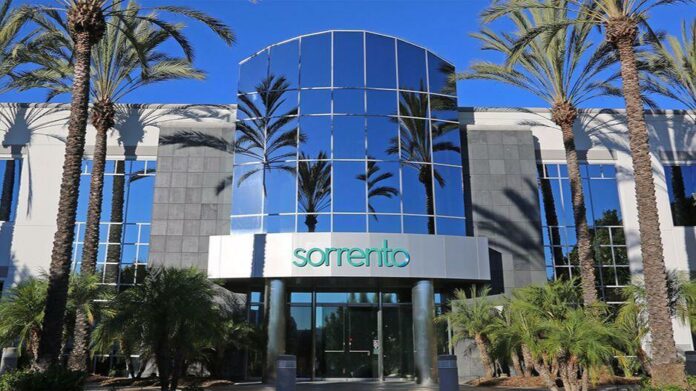In a crucial turn of events, Texas bankruptcy judge Chris Lopez has greenlighted Sorrento Therapeutics Inc.’s Chapter 11 liquidation plan. This plan, set to unfold over the next five months, could potentially grant the beleaguered drug developer a chance to explore alternatives to liquidation.
A Glimmer of Hope in a Financial Freefall
Sorrento Therapeutics, navigating tumultuous financial waters, finds a semblance of hope in this latest ruling. Judge Lopez, acknowledging the company’s efforts to sell off assets and its narrow escape with just enough capital to last through the asset sale’s planned closure in April, has provided a vital lifeline. This window could allow Sorrento to explore further options beyond outright liquidation.
The Shareholders’ Dilemma: Equity at Stake
Despite this judicial nod, Sorrento faces discontent from its shareholders, who lament the lack of recovery efforts on their behalf. The company’s proposed plan, which prioritizes liquidation and limited recovery for unsecured creditors, leaves shareholders out in the cold, a point of contention that was unsuccessfully challenged in court.
Sorrento’s Struggle for Financial Viability
Sorrento’s narrative is one of a constant chase for new financing, a quest mired by market challenges and capital scarcity. Caroline Reckler of Latham & Watkins LLP, representing Sorrento, painted a picture of a company whose every attempt at financial stability and market breakthrough has been thwarted by the harsh realities of the pharmaceutical industry and capital markets.
The Equity Committee’s Counterargument
Amidst this narrative of financial doom, the official committee of equity securities holders, represented by Andrew Glenn of Glenn Agre Bergman & Fuentes LLP, probed alternative paths and unexplored financing options. They argue that Sorrento could potentially extract enough value from its assets to satisfy shareholder claims, a perspective clashing with the company’s grim outlook.
A High-Stakes Legal Drama
Central to Sorrento’s bankruptcy case is its subsidiary ACEA Therapeutics, which is on the brink of regulatory approval in China for its antiviral drug Abivertinib. The equity committee contends that Sorrento is missing a golden opportunity to bring this promising drug to market, partly due to excessive administrative costs incurred during the bankruptcy process.
A Controversial Legal Fee Saga
Further complicating the case is the controversy surrounding legal fees, approved by former U.S. Bankruptcy Judge David Jones, who resigned after admitting to a romantic relationship with bankruptcy lawyer Elizabeth Freeman. This development has led to demands for a full investigation into potential undue influence exerted in Sorrento’s favor.
The Road Ahead: Final Fee Approval and Investigation
Judge Lopez, who now bears the responsibility of final fee approval, has pledged to approach this task with utmost seriousness. This commitment comes as the Office of the U.S. Trustee seeks to reclaim fees awarded to Jackson Walker, Freeman’s former firm, across multiple cases.
Legal Representation and Case Details
Sorrento is represented by a team from Jackson Walker LLP and Latham & Watkins LLP, while the equity committee and unsecured creditors have their legal representation. The U.S. Trustee’s involvement, represented by Hector Duran of the U.S. Department of Justice, adds another layer to this multifaceted legal proceeding.






